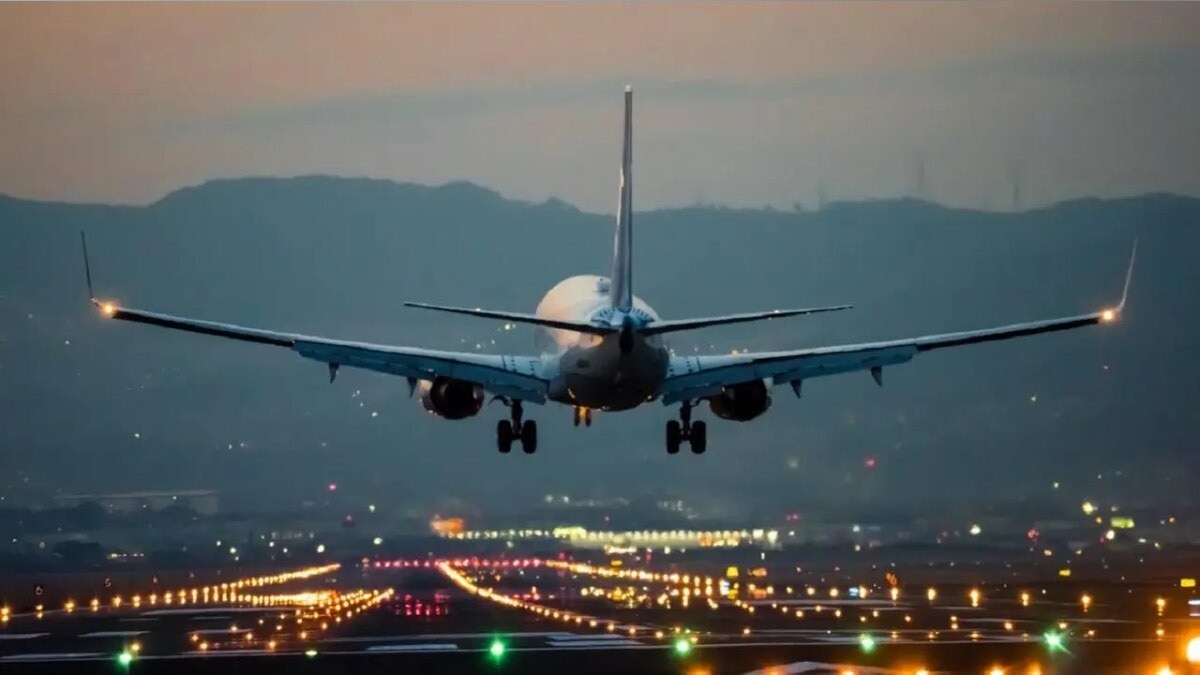Every time you board an international flight from India, you’re automatically insured for ₹1.8 crore—even if you never signed a form or paid a premium. Thanks to a little-known global treaty called the Montreal Convention, your airline is legally required to cover you, no questions asked.
“You didn’t opt in. You didn’t pay extra. It’s built into the cost of your ticket,” writes IIM alumnus Lokesh Ahuja in a recent LinkedIn post that breaks down the details of the treaty India signed in 2009.
The Montreal Convention mandates that all international airlines compensate passengers—or their families—up to 151,880 Special Drawing Rights (about ₹1.8 crore) in the event of death or injury. Critically, there’s no need to prove fault. Airlines must also make an advance payout of ₹18 lakh within days to help with emergency costs.
What most passengers don’t realize is the sheer scale and complexity of the system backing that coverage. “Indian airlines spend millions on this,” Ahuja notes. Air India alone pays around $25–30 million annually in insurance premiums.
Behind the scenes, the risk is passed on to global reinsurers like Lloyd’s of London, Munich Re, and Berkshire Hathaway. “Because when ₹1,200 crore is on the line, it’s not just India paying. The world chips in,” Ahuja adds.
Even in cases of aircraft defects—such as issues traced back to manufacturers like Boeing or Airbus—the burden falls first on the airline. Only later can they sue the manufacturer to recover costs.
There are limits, though. The treaty doesn’t cover airline staff or domestic passengers flying within India. And while ₹1.8 crore is the standard payout, families can sue for more if the airline is proven negligent—though that path requires legal action and proof of fault.
Still, for millions of Indian international flyers each year, the treaty offers peace of mind baked into every ticket—quietly doing the job of insurance, even if few know it exists.
